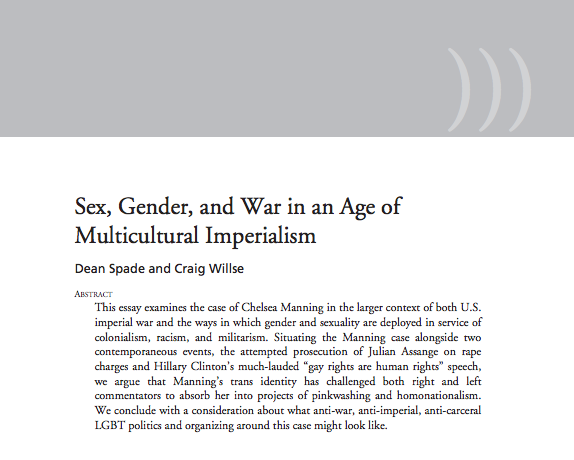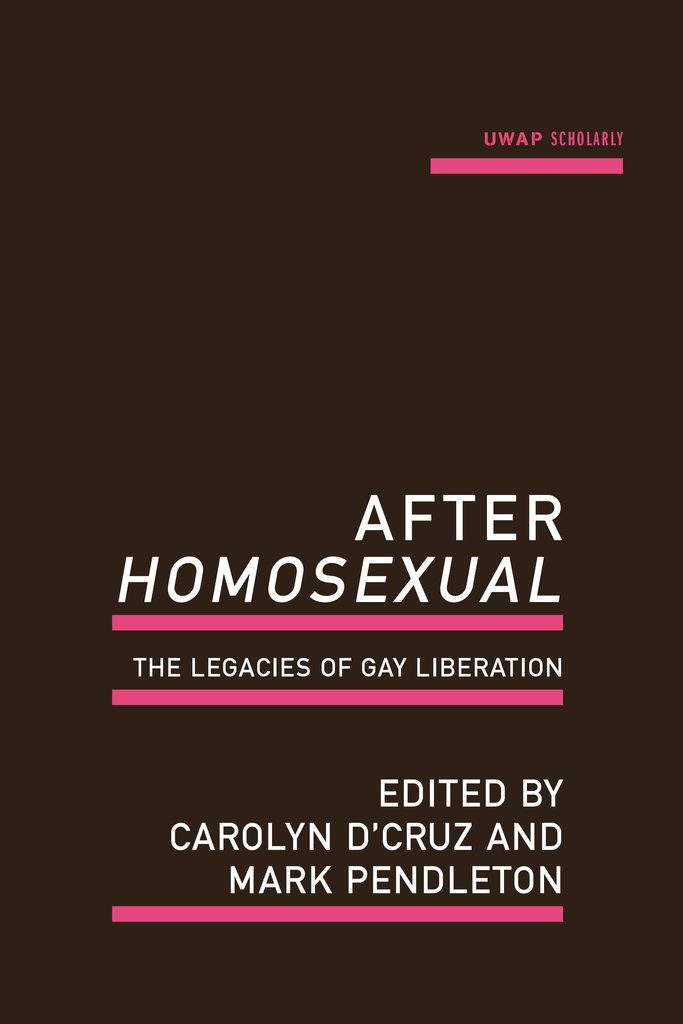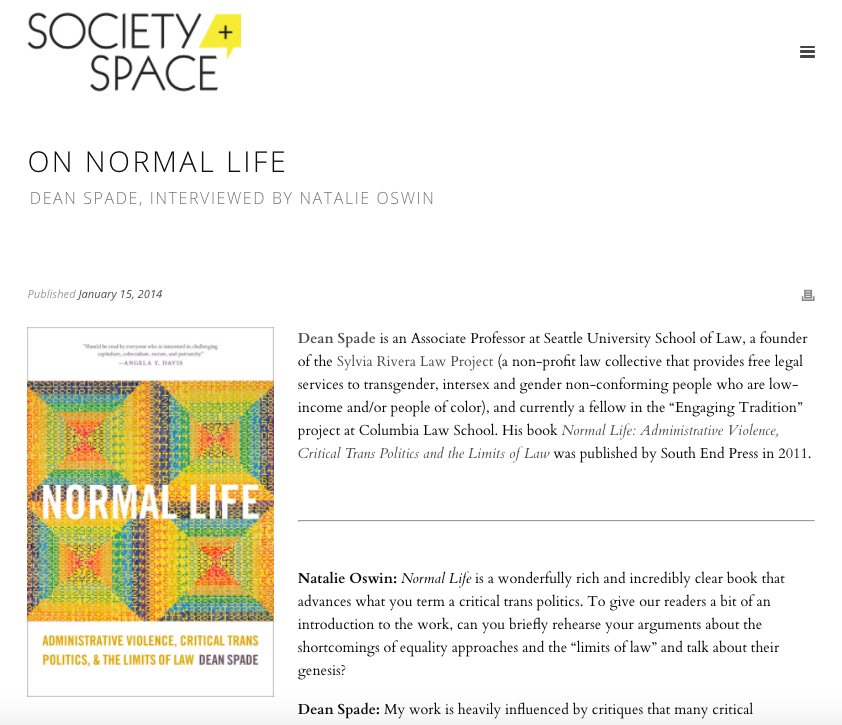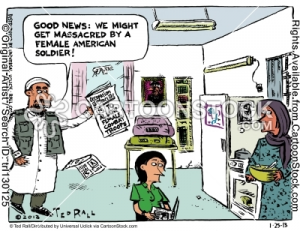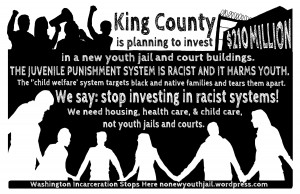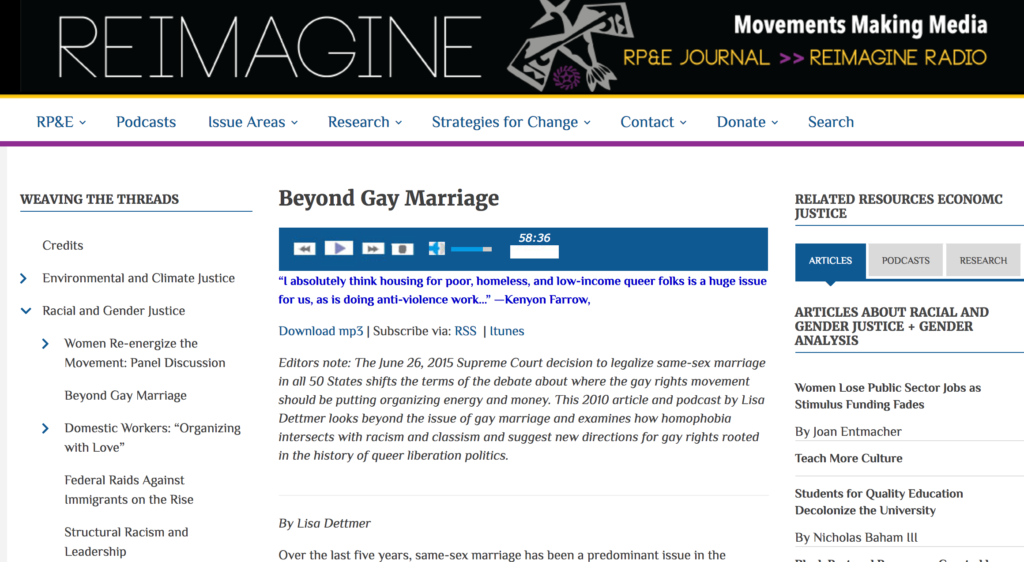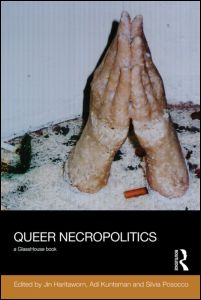 Just updating this website and wanted to add some new writing. Morgan Bassichis and I recently published an article called “Queer Politics and Anti-Blackness” in the new anthology, Queer Necropolitics, edited by Jin Haritaworn, Adi Kuntsman and Silvia Posocco. Craig Willse and I recently published a new essay called “Sex, Gender and War in the Age of Multicultural Imperialism,” in the inaugural issue of QED: A Journal of GLBTQ Worldmaking. The entire issue is themed around Chelsea Manning.
Just updating this website and wanted to add some new writing. Morgan Bassichis and I recently published an article called “Queer Politics and Anti-Blackness” in the new anthology, Queer Necropolitics, edited by Jin Haritaworn, Adi Kuntsman and Silvia Posocco. Craig Willse and I recently published a new essay called “Sex, Gender and War in the Age of Multicultural Imperialism,” in the inaugural issue of QED: A Journal of GLBTQ Worldmaking. The entire issue is themed around Chelsea Manning. 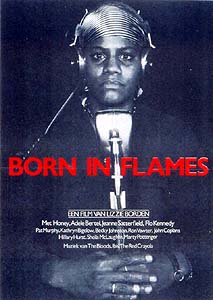 I also realized I never posted an essay that I published in an issue of Signs that was focused on the 20th anniversary of Kimberle Crenshaw’s initial work on the concept of “intersectionality.” My essay is called “Intersectional Resistance and Law Reform.” I also published a short essay in the new book, After Homosexual: The Legacies of Gay Liberation, edited by Carolyn D’Cruz and Mark Pendleton. The book reflects on the 40th anniversary of the publication of Dennis Altman’s Homosexual: Oppression and Liberation. My essay, “Too Queer to Be Square,” looks at how queer politics has conservatized in the last 40 years and what queer and trans activists are doing to resist that. Finally, please don’t miss this exciting collection of essays about the 1983 film, Born in Flames, that Craig Willse and I edited for Women and Performance to mark the film’s 30th year. If you haven’t seen Born in Flames, please go watch it right now!
I also realized I never posted an essay that I published in an issue of Signs that was focused on the 20th anniversary of Kimberle Crenshaw’s initial work on the concept of “intersectionality.” My essay is called “Intersectional Resistance and Law Reform.” I also published a short essay in the new book, After Homosexual: The Legacies of Gay Liberation, edited by Carolyn D’Cruz and Mark Pendleton. The book reflects on the 40th anniversary of the publication of Dennis Altman’s Homosexual: Oppression and Liberation. My essay, “Too Queer to Be Square,” looks at how queer politics has conservatized in the last 40 years and what queer and trans activists are doing to resist that. Finally, please don’t miss this exciting collection of essays about the 1983 film, Born in Flames, that Craig Willse and I edited for Women and Performance to mark the film’s 30th year. If you haven’t seen Born in Flames, please go watch it right now!
Sex, Gender, and War in an Age of Multicultural Imperialism, with Craig Willse
I wrote this article with Craig Willse called “Sex, Gender, and War in an Age of Multicultural Imperialism,” published in QED: A Journal of GLBTQ Worldmaking, (2014). You can read the article here.
Too Queer To Be Square
I published a short essay in the new book, After Homosexual: The Legacies of Gay Liberation, edited by Carolyn D’Cruz and Mark Pendleton. The book reflects on the 40th anniversary of the publication of Dennis Altman’s Homosexual: Oppression and Liberation.
My essay, “Too Queer to Be Square,” looks at how queer politics has conservatized in the last 40 years and what queer and trans activists are doing to resist that.
Interview: On Normal Life
Here is an interview I did with Natalie Oswin on Normal Life for Society and Space.
War and Marriage
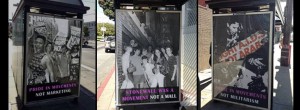 This week a new article by me and Craig Willse went up on Organizing Upgrade that aims to capture some of the important left critiques of marriage that have been obscured by the pro-marriage messages of same-sex marriage advocacy.
This week a new article by me and Craig Willse went up on Organizing Upgrade that aims to capture some of the important left critiques of marriage that have been obscured by the pro-marriage messages of same-sex marriage advocacy.
Also, this interview about why the new campaign for military inclusion for trans people won’t benefit our movements went up on BuzzFeed. As the President pushes us toward war in Syria, its especially important to build shared analysis about anti-war politics. Military service inclusion campaigns invite us to be the new poster children of a purportedly fair and equal military, meanwhile the brutal violence of US militarism continues around the globe. I am hoping both these pieces will stimulate conversation and be useful among activists and in classrooms.
Radio, Buzz and Stopping Jail from Being Built!
KPFA did some great programming around Pride this year focusing on critical queer and trans political resistance and critiques of same-sex marriage, gay military service and other hallmarks of wealthy white gay politics. Here is a whole day of programs that aired on Pride Sunday. Here is a show focusing on the critique of same-sex marriage advocacy, including Kenyon Farrow, Mattilda Bernstein Sycamore and me. In other news, Buzzfeed published a list of 24 Americans Who Changed the Way We Think About Transgender Rights. I’m excited to be on any list with Sylvia, Marsha, Miss Major, Lou and all these other amazing people.
Finally, I am so excited by all the inspiring work being done by Washington Incarceration Stops Here. We are doing an awesome postcard campaign about what people think our county really needs rather than a new youth jail and family court buildings. And we’re building a coalition of groups who have signed on to our Points of Unity. If your organization wants to sign on, no matter where you are, please let us know! We’re also starting a zine so please let us know if you have art or writing you’d like to contribute or if you can help spread the word to people who may want to contribute, especially youth and people impacted by criminalization and child welfare systems.
Blog Post for Upcoming Conference
This coming Friday and Saturday I’m heading to Los Angeles for a conference that marks the 40th anniversary of Roe v. Wade and the 10th anniversary of Lawrence v. Texas. In advance of the conference, speakers were asked to write blog posts related to the themes of the conference panels we are participating in. These were posted to the Balkinization blog. I thought I’d re-post what I wrote here as well:
Sexual freedom, legal equality and settler colonialism
New Videos and a New Syllabus
I am teaching a January Term class at Seattle U for the first time, starting in a few weeks. It will be a four day intensive about imprisonment. I just posted the syllabus in case it is of interest.
I also wanted to share some new videos. GritTV recently posted an interview that Laura Flanders did with me.
http://blip.tv/grittv/dean-spade-the-most-imprisoning-nation-in-the-world-part-1-of-2-6482091
Also, I recently attended the World Social Forum: Free Palestine! in Porto Alegre, Brazil. I was part of a Queer Visions contingent that put on two public panels, this one and this one. Here’s the talk I gave about marriage and the military and pinkwashing:
Dean Spade and Laura Whitehorn on the Prison Industrial Complex
Beyond Gay Marriage Podcast
Lisa Dettmer just released her podcast and article critically examining same-sex marriage advocacy. The podcast includes interviews me and many other critics of same-sex marriage advocacy. Thanks to Lisa for the great work!
Click here
